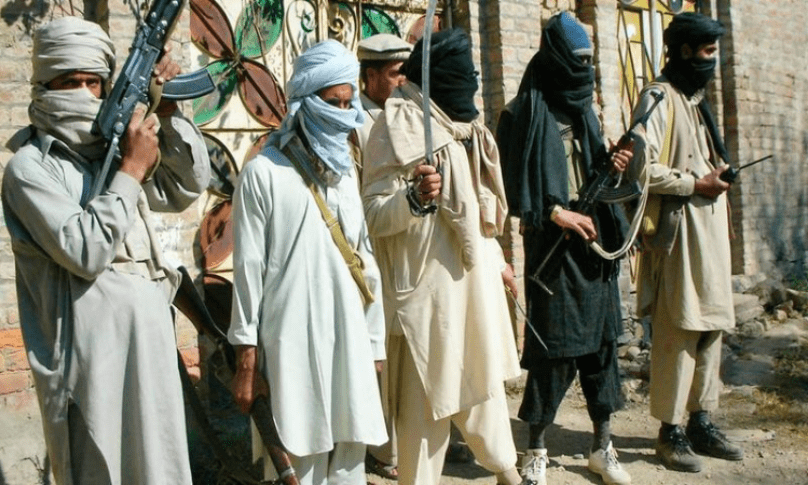
The “Draconian Morality Law,” which was just passed by the Taliban administration in Afghanistan, severely limits the rights and voices of women. Severe limitations are imposed by these norms, which forbid women from speaking out in public, demand that their faces be covered at all times, and forbid them from exposing their features. This ordinance represents the first official proclamation of “vice and virtue” laws under the new Taliban administration.
The majority of the 35 pieces in this over 100-page work are about women. It requires women to conceal their faces and bodies in order to avoid “causing temptation” and prohibits them from wearing “attractive, tight, or revealing clothes.” Furthermore, women are forbidden from using cosmetics or fragrances in an attempt to prevent them from imitating “the dress styles of non-Muslim women.” The extensive crackdown has drawn criticism from throughout the world and highlighted how Afghanistan’s human rights situation is getting worse.
An agreement reached in Doha, Qatar in 2020 allowed for the withdrawal of American and NATO forces from Afghanistan; in August 2021, the Taliban retook power. Afghanistan was formerly under the Taliban’s authority from 1996 to 2001. As part of the agreement, the Taliban had to cease their attacks on Western forces in return for the complete withdrawal of foreign troops from Afghanistan.
The Taliban’s creation of the Islamic Emirate is still an inadequately defined and conceptualized political structure. A council of ulema was assembled in Kabul during their first term of government in order to create a constitution that would formally establish the Islamic Emirate. This draft, though, was never approved. After regaining power in 2021, the Taliban decided not to make the previously written constitution the ultimate rule of the land, thereby leaving their political system without a formalized constitution.
With some major modifications, the Taliban kept the previous Republic’s administrative structure rather than developing a new one. The Ministry of Women’s Affairs was disbanded and the Ministry of Virtue Promotion and Vice Prevention was established in its place. Additionally, they reversed decisions made during the Republic era that had established autonomous committees and agencies, dismantling the election commissions and reinstating authority in key ministries.






